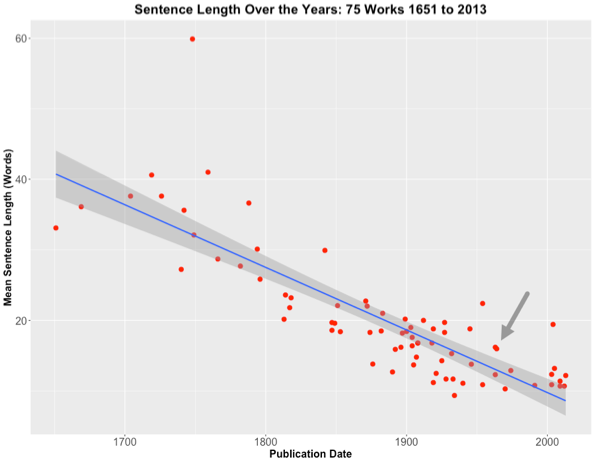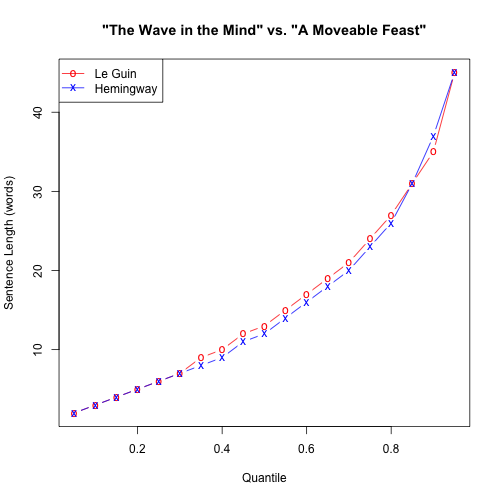Free-er indirect speech
The Wikipedia entry on Free Indirect Speech quotes Norman Page's 1972 analysis of a passage from Jane Austen's Sense and Sensibility:
[1] Mrs John Dashwood did not at all approve of what her husband intended to do for his sisters. [2] To take three thousand pounds from the fortune of their dear little boy, would be impoverishing him to the most dreadful degree. [3] She begged him to think again on the subject. [4] How could he answer it to himself to rob his child, and his only child too, of so large a sum?
Page explains that "the first [1st] sentence is straight narrative, in the 'voice' of the [narrator]; the third [3rd] sentence is normal indirect speech; but the second [2nd] and fourth [4th] are what is usually described as free indirect speech." In these two sentences, Austen presents the interior thoughts of the character and creates the illusion that the reader is entering the character's mind.
Jane Austen's usage is so easy to follow that most readers probably don't even notice it. But in Thomas Pynchon's latest novel Shadow Ticket, there are some examples that are harder.
Read the rest of this entry »


